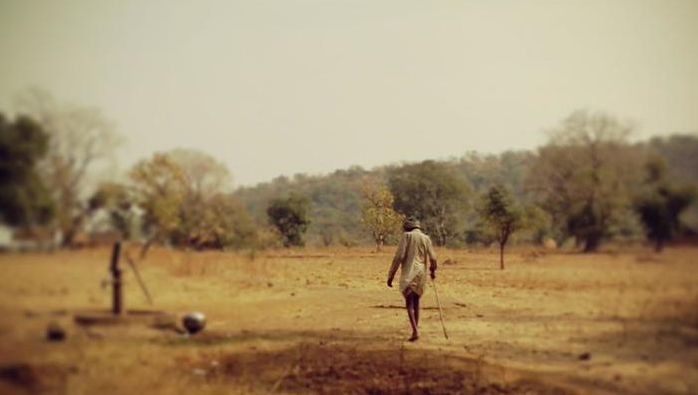|
In the larger developing world context, the idea of ‘care’ is most visible in Gandhi’s ideas. Though Gandhi was not a designer in established notions, as an excellent communicator and critical political activist, his sense of ‘care’ was reflected in most of his thoughts and actions. He famously argued for the idea of ‘Sarvodaya’ or ‘Well-Being of All'; a thought deeply influenced by the work of John Ruskin. This action can be seen as an act of care for fellow human beings and their human rights. From Indian political history, when Gandhi dreamt of India’s future, the ‘care’ for various factors remained central in his vision. Be it caring for the human labor or towards reclaiming the environment, or cultural values to the village structures. In the domain of design and care, the idea of ‘khadi', a handmade fabric, reflect his greater ideas of Sarvodaya. Khadi’s making involves care for the human labor and environment at various levels of its existence. As a non-violent symbol of protest, ‘khadi’ even cared to take care of the opposition, an act rarely seen in the history of political revolutions. ’Sarvodaya’ as a thought might have lost in the political unfolding of history in India and the developing world, the sense of it remains at the politics of it, though more selectively. To answer the question, “What might politicized versions of care look and feel like?”, Sarvodaya can be a caring and careful answer. The study would like to unearth the idea of Sarvodaya as a political version of Care and Design. >>> Read more
|
Archives
October 2023
Categories
All
|
Saurabh Tewari
Saurabh Tewari

 RSS Feed
RSS Feed
